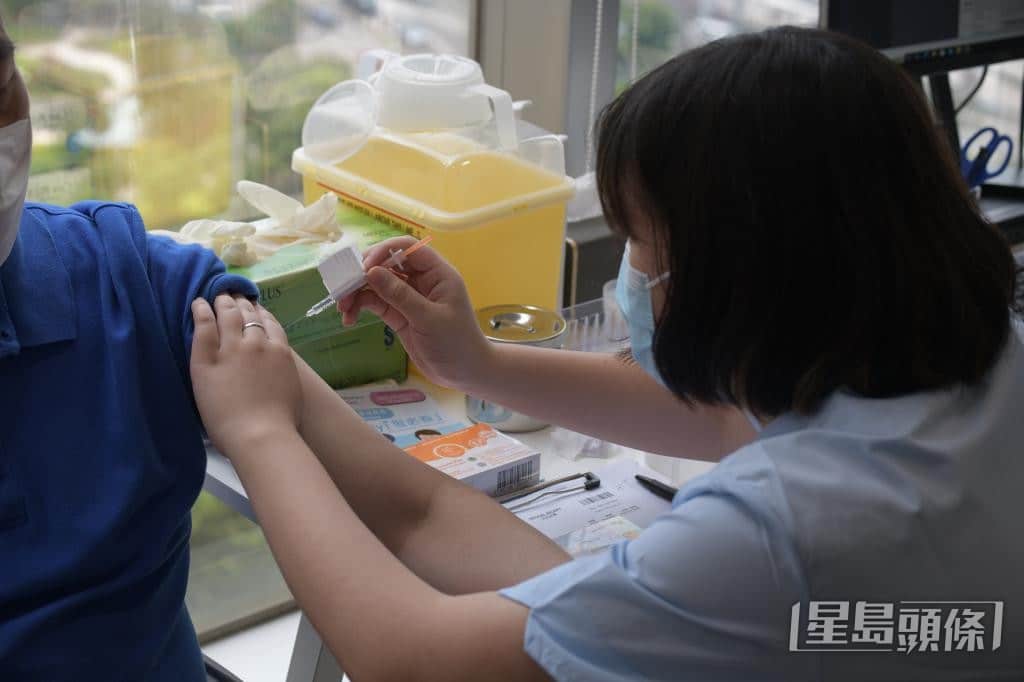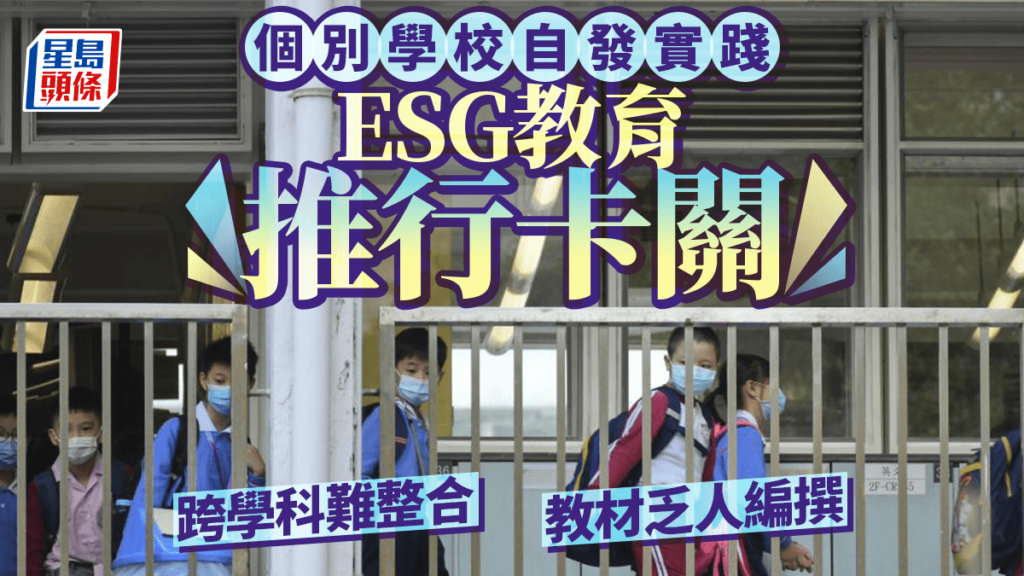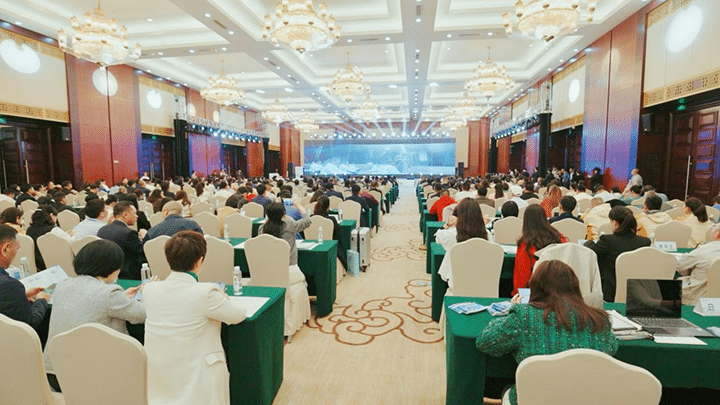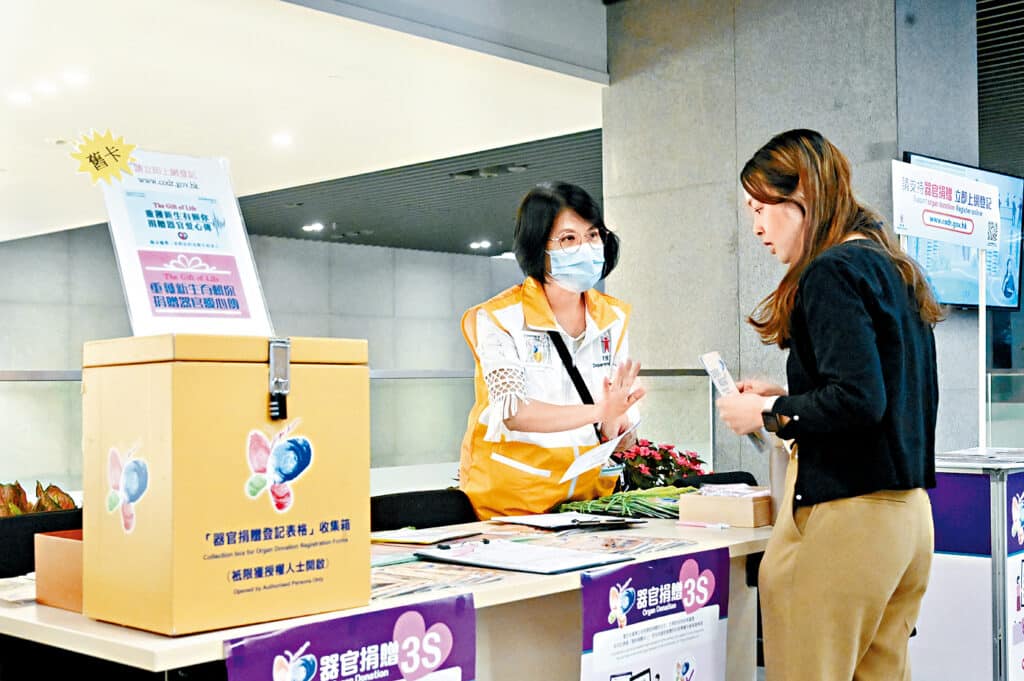Hong Kong's medical standards are among the best in the world. A medical examination center reported that over the past year or so, a large number of mainland patients have come to Hong Kong for high-end medical examinations such as whole-body MRIs and cardiopulmonary CT scans, resulting in a 15% increase in business. Some critically ill patients have even traveled south to seek independent third-party medical advice and chosen to come to Hong Kong for treatment. Industry insiders also pointed out that with the improvement of mainland medical standards, the large number of mainlanders who came to Hong Kong for general medical examinations and vaccinations is now a thing of the past. They believe that Hong Kong's medical examination services should develop in a high-end and specialized direction to fully leverage their strengths. A think tank member pointed out that the Hong Kong government has been actively planning to establish a third medical school in recent years, increasing the number of doctors and medical training. It is expected that once all conditions are ripe, the market will be further expanded, and even medical tourism targeting mainland and Southeast Asian tourists will be developed.
Hong Kong's medical level has always been among the best in the world, known for its reliability and high efficiency. Before the epidemic, many mainlanders had come to seek medical treatment for basic physical examinations and vaccinations. Li Weizhen, chairman of the Hong Kong Medical Laboratory Association, pointed out that after the post-epidemic border clearance, Hong Kong's general physical examination services did not benefit. Due to the rapid development of the mainland's physical examination industry, many mainlanders chose to stay in the local area for testing. The "market" scene of long queues in Jordan's "Doctor's Building" in the past is no longer seen.
Since the customs clearance, the business has recorded a growth of 10 to 15%
However, a spokesperson for Quanren Medical Center, which offers high-end health checkups, stated that since the border reopening, business has increased by 10 to 151 TPM, primarily in high-end testing services. Mainland Chinese customers currently account for approximately 201 TPM of their total clientele, primarily opting for high-end health checkup packages, which include blood tests, whole-body MRIs, heart and lung CT scans, and other specialized services. The spokesperson also noted that they offer specialized testing plans tailored to specific age groups and genders, such as breast exams for women and prostate exams for men, to facilitate mainland Chinese customers completing their required exams within a limited timeframe.
The spokesperson added that many mainland patients, after being diagnosed, choose to come to Hong Kong for follow-up examinations and ongoing disease monitoring. These include imaging tests and tumor marker monitoring for cancer follow-up. Some also undergo chronic disease management programs, such as detailed assessments for complications of diabetes and heart disease. There are even cases of kidney stone patients coming to Hong Kong for imaging tests. Follow-up examinations for thyroid-related diseases, osteoporosis, and liver and kidney function abnormalities are also common.
Some people in the medical field point out that Hong Kong's medical equipment and professional level have reached the world's top level, which gives mainlanders confidence. More importantly, Hong Kong also has high medical ethics. Doctors will only diagnose and treat patients based on their actual needs. The fees are transparent, and there is no overcharging or promotion of unnecessary treatments, which makes patients feel more at ease.
Luk Chi-chung, vice chairman and chief medical director of Shangzhi Medical Group, also pointed out that there has been no significant increase in the number of mainland customers after the epidemic, but he has noticed that there are indeed mainlanders coming to Hong Kong for high-end testing projects, and there are also seriously ill mainland patients who come to Hong Kong specifically to seek independent third-party medical advice.
Transparent fees and no unnecessary treatment promotions
Luk Chi-chung continued, "Some of the high-end mainland Chinese patients seeking treatment now have serious illnesses requiring surgery, such as tumor removal. However, they are concerned about the risks of surgery and therefore prefer to seek the advice of multiple specialists in high-quality medical facilities before deciding whether to undergo surgery." He added that some patients ultimately return to their home countries to see their original doctors for surgery, while others, confident in Hong Kong doctors and medical care, choose to undergo surgery in Hong Kong.
Luk believes that this reflects Hong Kong's access to top-tier international medical care and believes that the local medical and health examination industry should develop towards a high-end direction. Besides continuing to serve Hong Kong residents, it should also target high-end Mainland Chinese patients and patients from Southeast Asian countries. He explained that Hong Kong enjoys a convenient location, with Mainland Chinese and Southeast Asian customers only needing a few hours' flight to reach Hong Kong, creating significant potential for the development of specialist medical care and health examinations in Hong Kong.
Li Weizhen also pointed out that Hong Kong enjoys an excellent reputation and achievements in cancer treatment, attracting many mainland patients, indicating long-term potential for development. A spokesperson for Quanren Medical Center also noted that the integration of healthcare within the Greater Bay Area will help Hong Kong attract high-end patients from the region's cities.
Poon Hok-chi, co-convenor (research) of Democratic Ideas, also pointed out that the high-end medical examination market is worth striving for and developing in Hong Kong, because it is just to make good use of its own advantages, deepen development, and even expand medical tourism. He mentioned that Hong Kong has started to solve the problem of insufficient medical staff in recent years, including opening a third medical school, introducing non-locally trained doctors, and increasing medical staff training. He expects that when all aspects are complete and the pressure on public medical care is relieved, the government can consider developing medical tourism.
Li Weizhen mentioned that many universities currently offer laboratory technician courses, and it is expected that sufficient manpower will be available in a few years.
Medical tourism can be promoted to foreigners
Currently, Southeast Asians seeking medical treatment abroad often choose Singapore, which has a medical visa system. While Thailand's medical standards lag behind Hong Kong's, medical tourism is also popular there. Poon added that mainland Chinese visitors seeking high-end medical examinations or services in Hong Kong are also a precursor to medical tourism. Hong Kong could consider issuing one-time medical visas to mainland Chinese citizens holding medical or examination appointment certificates for easier entry to cities not yet offering independent travel arrangements.
Regarding how to help people from the mainland or overseas find suitable medical or physical examination institutions, Li Weizheng suggested that relevant institutions should be allowed to promote themselves in the future; Pan Xuezhi proposed that the authorities set up a certification and rating mechanism to assist overseas people in choosing suitable institutions.
Pan Zhiming, managing director of Centaline (IC), said that in recent years, many large medical groups have rented shops in the core area and packaged them as medical floors, or rented entire office buildings to form "medical buildings", mainly targeting high-income people and high-end customers from the mainland. He said that these groups mainly choose locations in Central, Causeway Bay, Tsim Sha Tsui and Mong Kok, which are characterized by being located on the edge of the core area but close to the MTR station. He pointed out that he is optimistic about the long-term development potential of the medical examination industry, which is expected to drive the related rental market.
Groups lease office space to develop "medical buildings," with developers scrambling to capture the market.
Regarding the future development of Hong Kong's medical industry, the real estate industry pointed out that "medical buildings" with multi-storey office floors leased by medical groups have emerged in recent years. Developers have also seen the strong demand for medical care in the future and equipped newly built office buildings with special elevators that can accommodate large operating beds and heavy medical equipment to seize the market.
Equipped with large-capacity dedicated lift
Hong Kong residents have always had a pressing need for medical services. While traditional "doctors' buildings" were once home to renowned physicians, in recent years, large medical groups have been renting entire office buildings exclusively as "medical buildings," providing patients with one-stop medical services. Centaline (IC) Managing Director Pan Zhiming noted that a medical group recently leased 14 floors of a newly completed commercial building on Cameron Road in Tsim Sha Tsui for HK$7.9 million per month, with plans for long-term development.
Poon also noted that developers are seeing a growing demand for high-end private medical services among Hong Kong residents. For example, a new commercial building on Middle Road features dedicated medical, catering, and retail floors. Poon noted that the building's design is ideal for use as a medical and health examination center, equipped with a large elevator capable of transporting operating tables and medical equipment. The exterior windows can also be opened to facilitate the transport of heavy equipment such as MRI and brain scanners. The building's load capacity has also been significantly increased. Furthermore, the building's public parking lot has a dedicated access to the medical floors to protect patient privacy.
Faced with the decrease in financial institution tenants and a large number of vacant office buildings in recent years, Pan believes that converting office buildings for medical purposes is a way out. However, he pointed out that office buildings suitable for conversion to medical purposes must consider location and floor conditions. If the conditions are right and the future rental value is ideal, the "asking price" may be higher than that of ordinary office buildings.
The shopping mall's "base rent plus profit-sharing" model attracts medical clinics to move in.
Declining retail rents in Hong Kong in recent years have encouraged medical groups to establish themselves in major shopping malls, opening medical and dental clinics. Real estate agents point out that the healthcare sector, a consumer sector with stable demand for retail space, can help absorb vacant retail space during a sluggish real estate market.
Great demand for dentistry helps digestion "Ji Pu"
Chen Zhibao, founder and chairman of the Hong Kong Shop Elite Association, pointed out that in the past, most medical clinics or dental clinics rented shops on the upper floors. However, with the economic downturn, shopping mall rents have been reduced. In order to avoid leaving shops vacant and affecting the appearance, developers have attracted medical clinics or dental clinics to move in by charging a minimum rent or sharing the turnover. "It is better than renting to claw machine shops." He said that some shopping malls operate on a "base rent plus sharing" model, first attracting medical clinics to "enter" with rents lower than those of street shops, and then charging an additional fee based on the proportion of turnover.
Another real estate agent, Jacky, said that most medical clinics and dental clinics rent ground floor shops in the traditional Minsheng District to operate, targeting the neighborhood residents in the district; with a stable customer base, the rental performance has been stable. He noticed that in recent years, medical groups have recruited doctors of different specialties to open comprehensive medical centers in Minsheng District. In addition, in response to the shortage of dental services, a newly completed private housing estate in Cheung Sha Wan, near the MTR station, was recently leased to set up a large dental clinic. He believes that the medical industry will help absorb the "vacant shops".



